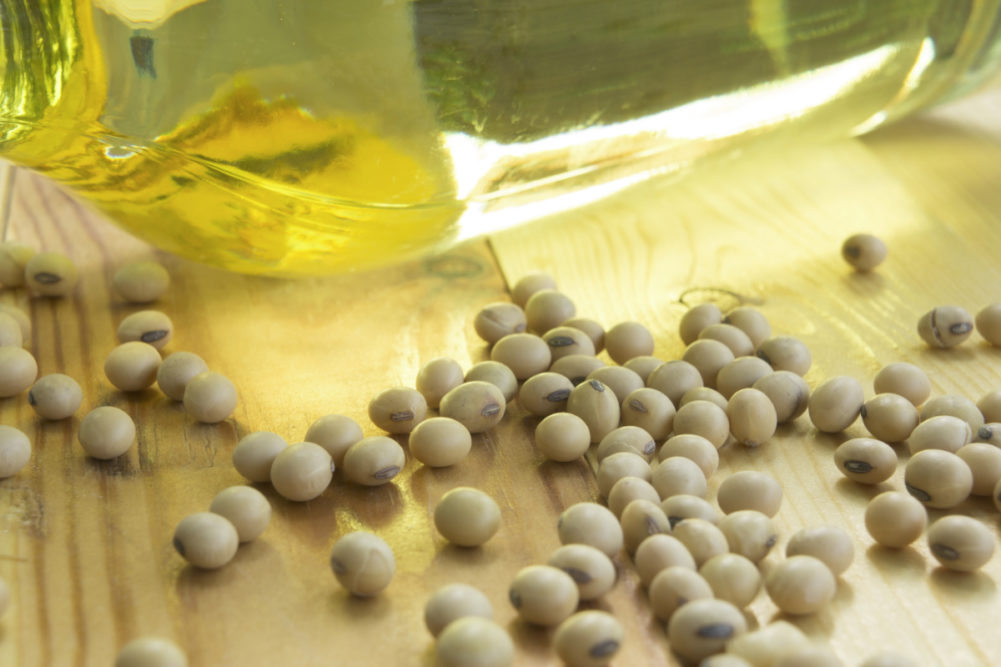ROME, ITALY — World food prices fell for the first time in four months with the decrease of vegetable oils export prices, according to the Food and Agriculture Organization of the United Nations (FAO).
The global coronavirus outbreak is expected to slow global demand.
The FAO Food Price Index, which tracks monthly changes in the international prices of commonly-traded food commodities, averaged 180.5 points in February, down 1% from the previous month but still 8.1% higher than a year earlier.
The FAO Vegetable Oil Index declined 10.3% from January as international palm oil prices fell due to increased Malaysian output and temporary decline of India’s import demand as the coronavirus continues to spread.
An ample supplied wheat market and downturn in feed demand led the FAO’s February Cereal Price Index 0.9% lower as wheat and maize prices fell. In contrast, international rice prices increased, pushed by strong demand from Far Eastern and Eastern Africa.
The FAO’s worldwide cereal production forecast for 2019 anticipates a demand increase for maize, estimating the total 2019 production to 2.719 billion tonnes.
Its preliminary 2020 worldwide wheat forecast production is set at 763 million tonnes.
The FAO's world cereal utilization forecast for 2019-20 is forecast to hit record levels of 2.72 billion tonnes, while world cereal stocks at the close of seasons in 2020 are now expected to reach 866 million tonnes.
The FAO’s forecast of world trade in cereals for 2019-20 is at 420 million tonnes, 2.3% higher than in 2018-19.






